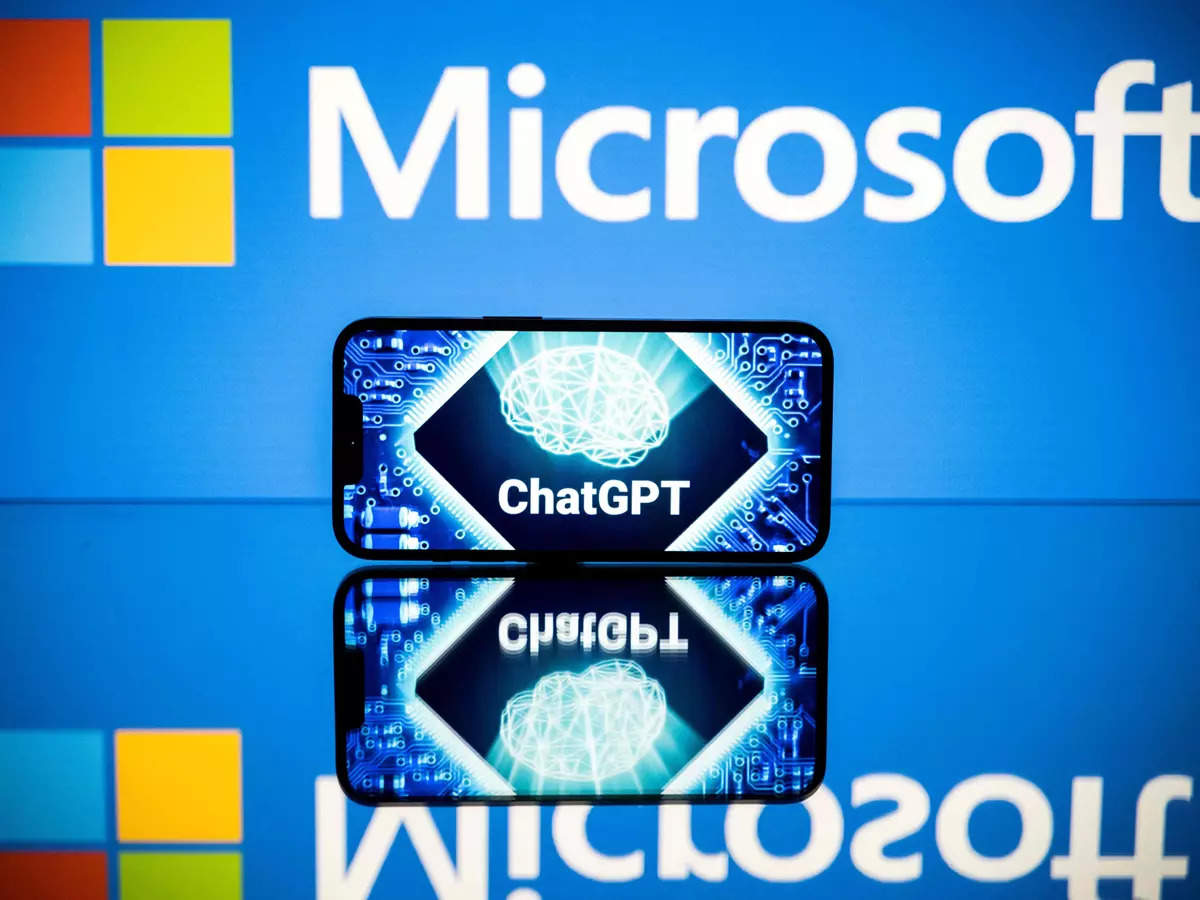
Microsoft launched Bing chatbot despite OpenAI's warning it wasn't ready
July 07, 2023According to a recent report by the Wall Street Journal, the partnership between Microsoft and OpenAI has been characterised by tension and confusion. This has affected not only Microsoft's internal AI team, which is facing budget cuts and limited access to OpenAI technology but also the controversial launch of AI-powered Bing search last February. During its initial rollout, Bing was found to be susceptible to prompt injection attacks, leading to the disclosure of company secrets and providing inaccurate and bizarre responses to user queries.
OpenAI had cautioned Microsoft about the risks of rushing to integrate its technology without sufficient training and recommended a more cautious approach. Their main concern was that Bing's chatbot, Sydney, might give inaccurate or nonsensical responses. However, Microsoft seemingly disregarded this warning and has recently opened free access to its ChatGPT-enhanced Bing search engine to the public.
In a recent interview with Wired, Microsoft CEO Satya Nadella explained that any initial issues with Sydney were part of their strategy to train the chatbot using real-world prompts that couldn't be replicated in a controlled environment. He stated that they had to build a safety mechanism before launching Sydney with GPT-4. Nadella emphasised the importance of aligning an AI model with the real world, rather than relying solely on simulations.
The rush to launch Bing's AI-powered search was partly driven by Microsoft executives who were concerned about the timing of ChatGPT's release. As ChatGPT gained popularity, some Microsoft employees worried that it would overshadow Bing. However, others recognised the value of learning from ChatGPT's early public testing before rolling out Bing. Microsoft wanted to be a significant player in the AI conversation, given the growing public interest in the technology.
Both ChatGPT and Bing faced criticism for their chatbots providing inaccurate information, making up responses, and other issues that users did not expect. OpenAI is actively working to address these problems and reduce the so-called "hallucinations" in chatbot responses. Microsoft has implemented temporary custom software solutions to mitigate these issues but acknowledges the need for continued improvement and new advancements.
The partnership between Microsoft and OpenAI extends beyond chatbots. Nadella explained that Microsoft invested in OpenAI because they shared the same goal. Instead of developing separate language models, they decided to collaborate and create one foundational model together.
However, there have been challenges within Microsoft's AI team, including diminished spending and limited access to OpenAI's technology. Additionally, there is a conflict between both companies selling access to the same technology to customers. Despite these tensions, Nadella remains optimistic about the partnership and sees it as a long-term stable deal.
To alleviate some of the tensions, Microsoft plans to integrate the Bing search engine into ChatGPT, signalling a closer partnership with the custom software development company and a desire to enhance the ChatGPT experience with the best of Bing.
